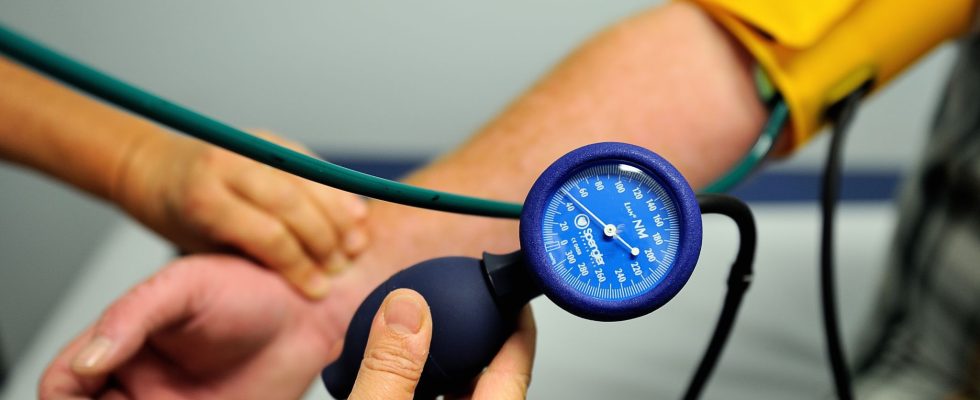The government unveiled its measures against medical deserts this Thursday, July 13. The State will finance “from 30 to 50%” of the hundred médicobuses (itinerant medical offices) that it aims to put on the roads of France by the end of December 2024, according to a plan presented by Agnès Firmin Le Bodo, Minister Delegate in charge of Territorial Organization and Health Professions.
At a cost of 100,000 to 400,000 euros depending on the model, the medical buses are part of efforts to combat medical desertification, one of the major current concerns of the French according to opinion polls. The objective of 100 médicobuses by the end of 2024 had already been announced by Elisabeth Borne in mid-June, in a set of measures aimed at the return of public services in rural areas.
Thirty medical buses by the end of 2024
In total, all funders combined, the deployment of these hundred medical buses – with at least one general practitioner on board – will cost 20 million euros, according to figures provided by the minister’s office.
Today, there are already around ten medicobuses, and eight are planned in departments such as Orne, Manche, Lozère or in the Provence-Alpes-Côte d’Azur region. The government wants around 30 new buses to be deployed by the first quarter of 2024, with an acceleration of the effort thereafter to reach 70 by the end of 2024.
The ministry provides few details on the origin of the doctors who will board these medicobuses. “But only structures composed of local health professionals will be able to respond to the call for projects”, he underlined.
Helping Hands for Physician Assistants
The measures against medical desertification detailed on Thursday also include additional boosts to the development of medical assistants, who can relieve doctors of administrative and patient reception tasks, and thus free up consultation time. The President of the Republic announced in January a target of 10,000 medical assistants by the end of 2024, compared to around 4,000 today.
Health insurance, regional health agencies and Pôle emploi will launch communication actions to make the profession better known to doctors and the public likely to do these jobs, and thus accelerate recruitment.
The Health Insurance already provides very significant aid for doctors hiring medical assistants, up to 36,000 euros the first year of employment, and 21,000 euros per year from the third year.
Finally, the number of multidisciplinary health centers (establishments bringing together health professionals practicing several different disciplines, in particular located in medical deserts) will increase from 700 to 1,400, Élisabeth Borne specified last June.
